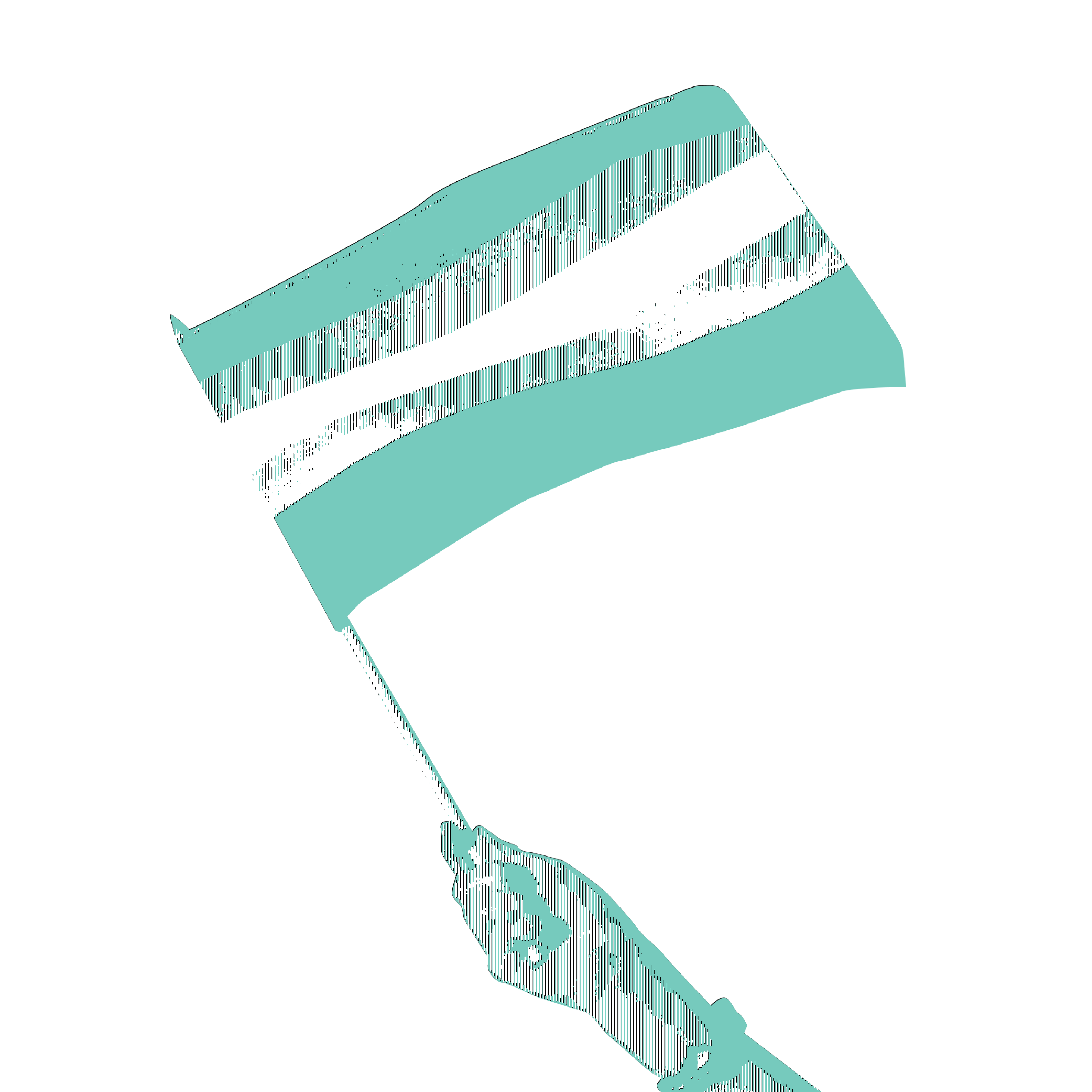
Livehopelove.com feels like a plane ticket, a passport, something that helps you get from here to there. The website, a reporting project on HIV/AIDS in the Caribbean by the Pulitzer Center on Crisis Reporting , features interviews, music, photos and poems.
Together, the story told is about living and dying with HIV/AIDS in Jamaica.
"Most of my friends are dying -- the thing is, they know it, and the others are busy nursing the dying: God's cruel edits."
That's a line from one of Kwame Dawes ' poems, "Storm," which the audience hears through his melodic Jamaican accent.
"So many saints frighten me, and I grow silent, this disease has a name: HIV/AIDS."
On Sept. 21, the Pulitzer Center won an Emmy for the multimedia site for new approaches to news and documentary programming, in the arts, lifestyle and culture category.
Jon Sawyer, a former Post-Dispatch reporter who's now Pulitzer's executive director and was Livehopelove.com's executive producer, shared some thoughts about the project and new directions in journalism.
"It's a tremendous endorsement of innovation in journalism," Sawyer says of the Emmy win, "of thinking beyond traditional journalism tropes to reach new audiences in new ways."
How did Livehopelove.com happen?
Sawyer: Livehopelove was the second of two reporting projects on HIV/AIDS in the Caribbean that we commissioned with support from the MAC AIDS Fund . The first focused on Haiti and the Dominican Republic; we partnered with Cox Newspapers and the public television program Foreign Exchange. We also featured the project as one of our Global Gateway outreach initiatives, bringing the journalist and project to a dozen schools in St. Louis.
For the second Caribbean project, we wanted to try a less conventional approach. We had done a number of projects with Virginia Quarterly Review , and the editor there suggested I recruit Kwame Dawes, poet in residence at the University of South Carolina and a native of Jamaica. Kwame was not a specialist in HIV/AIDS, but he was a leading literary figure in Jamaica and possessed of an extraordinary voice.
With our support he made five trips home in the fall of 2007, interviewing dozens of people affected by the epidemic. Over the course of the fall we sent videographers, a photographer and a web designer, gathering material for what became livehopelove.com.
The project has proved to have very long legs: two short videos for public television, essays in the Washington Post and VQR, a nationally syndicated one-hour radio documentary, feature coverage on NewsHour, and an original poetry/musical performance presented this August at the National Black Theatre Festival
Can you talk a little about the tools used with this project and other projects the Pulitzer Center is working on?
Sawyer: We are strong believers in multiple platforms, in using traditional news media outlets to give our work credibility and authority but then tapping new platforms to reach new audiences. Livehopelove was a signature presentation in our collaboration with YouTube's first video reporting contest, Project: Report, an initiative that resulted in 2.5 million visits to Pulitzer Web productions.
Coming from a traditional reporting background, what do those tools provide for both the audience and the journalist or organization that a pad of paper and a pen might not?
Sawyer: All the things you would expect -- vivid video, extraordinary photographs, haunting music. The web makes that possible, and more. Why not seize the opportunity?
Livehopelove focuses on HIV/AIDS in Jamaica, and the Pulitzer Center has many other projects in other countries that do the same.
What can Americans, in some ways in a very different world, learn from those projects?
Sawyer: We think the key is to present these systemic crises in compelling ways, and make the journalism a venue for debate and discussion on the issues that affect us all. We have launched a number of web portals that incorporate reporting projects around the world, on themes that range from food insecurity and water to climate change and women and children in crisis.
What's next for the Pulitzer Center? How do you keep awareness generated from projects like livehopelove alive?
Sawyer: On HIV/AIDS in the Caribbean, we've just launched a new project, also on Jamaica, that focuses on homophobia and stigma. We've produced a five-part series on the public television program WorldFocus and have also commissioned print pieces for the Atlantic. The material is all contained in our Glass Closet web portal, which also includes a YouTube-based platform for Share Your Stories entries from around the world. We hope you'll join the conversation.






